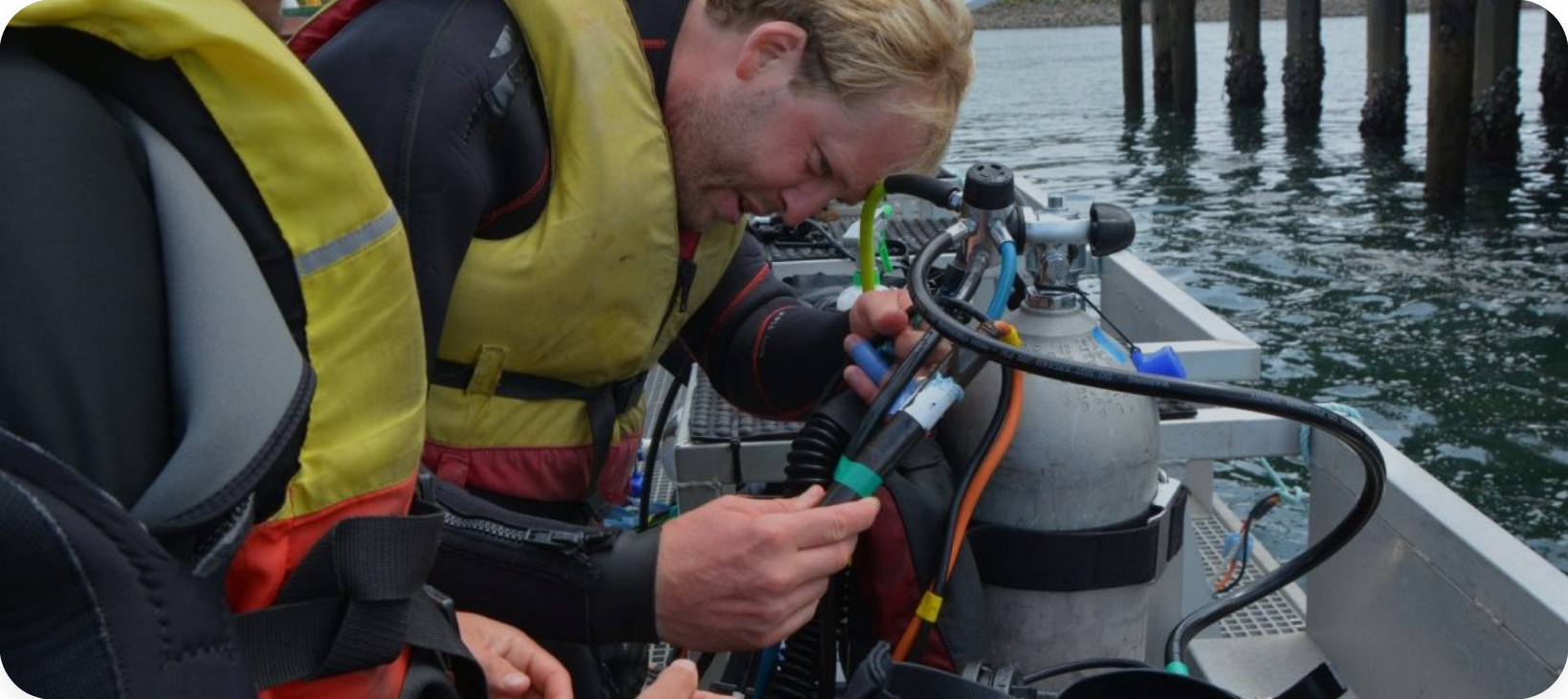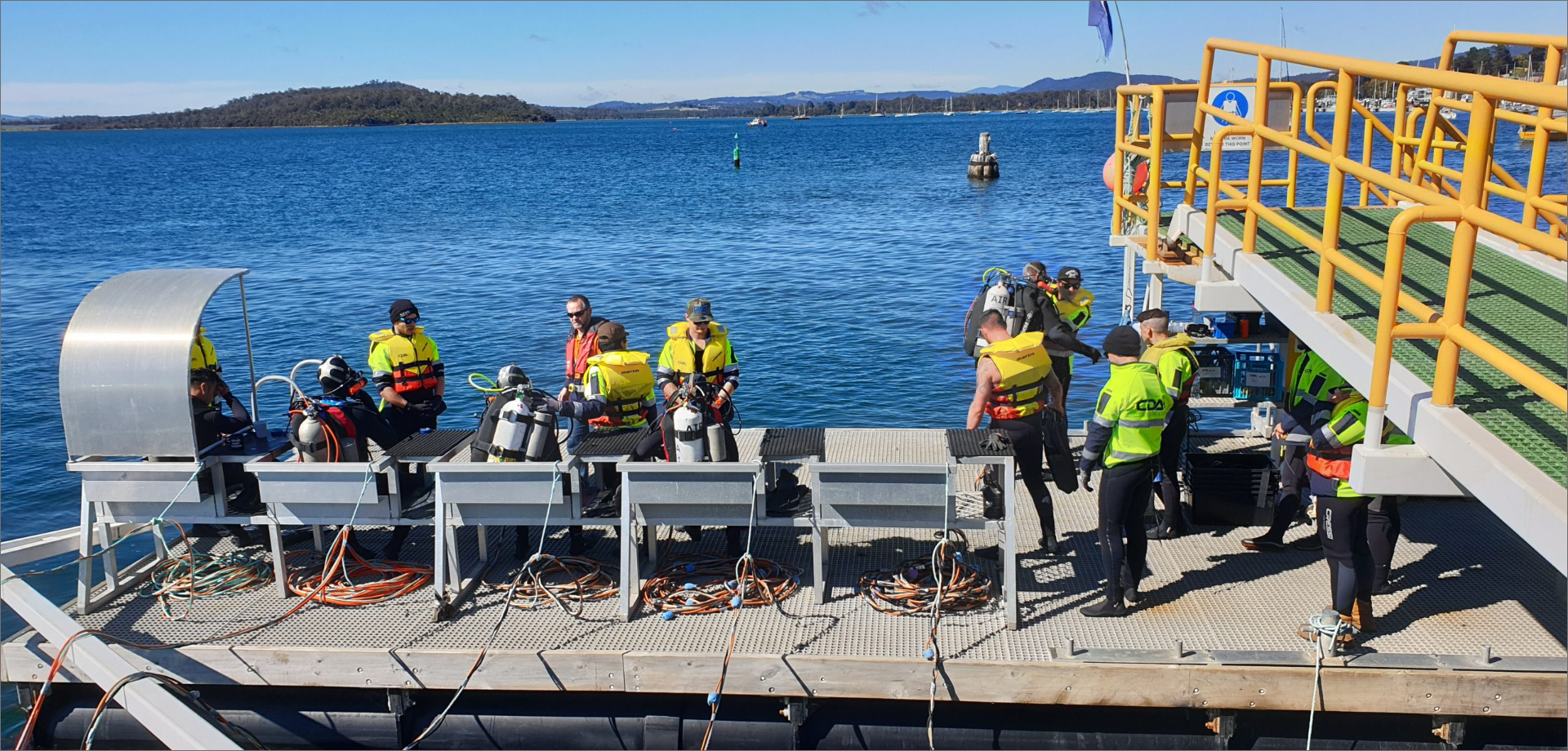Commercial divers work in a huge range of industries, with one thing in common the core work is performed below the surface of the water or sub-sea.
In the industry there are three main types of divers:
- Surface Supplied Breathing Apparatus Divers (SSBA)
The type of diver you want to be, can and almost certainly will affect the pathway to becoming a commercial diver.
That said there are five key steps that you need to know to become commercially certified. This article will extensively cover how you can go from zero to hero and become a commercial diver.
Step One: Know what type of diver that you want to be.
perhaps you want to work on a fish farm, maybe you want to be an underwater welder, or maybe you want to want to work in salvage. The path way for each type of diver can be different, and so it is important to know what your long term goals are.
Step Two: know what level of training your desired field requires
An Aquarium diver has vastly different training requirements and in field skills needed to perform there job than an offshore welder or saturation diver.
Step Three: Choose the Certification that is needed where you want to work
There are a lot of diving certifications out there, ADAS, INPP, ADCI, IMCA, DCBD, HSE and more. However they are not all equal, some certificates are not internationally recognised and are only eligible in there local region, others are recognised in most countries in the world, make sure you choose a certificate that will allow you to work where you want, and where you may want to go in the future.
Step Four: Choose the course that meets your training needs
The reality is, there are a lot of Commercial Diving courses out there, We will cover the courses you can do, to perfectly meet your training needs. Be it Scuba, SSBA or beyond.
Step Five: Meet the pre-requisites of the course.
Each course around the world will have different pre – requisites to engage in there training. you must know what these are and accomplish them before starting your course.
Step Six: Have fun doing it.
At the end of the day, we all become Commercial Divers because it is an industry that pays exceptionally well. We might as well remember to enjoy the ocean and its many jobs whilst doing it.
CONTACT US FOR MORE INFORMATION







